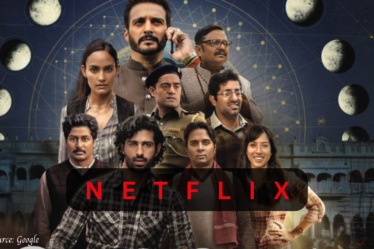
The menace continued with Bollywood superstar Katrina Kaif becoming the latest target. Images from a purported fight sequence in her upcoming film “Tiger 3” were manipulated using AI tools, transforming the original high-octane scene into a controversial deepfake. The edited version, which went viral, depicted Kaif in a low-cut white top, a stark departure from the authentic footage.

The online community reacted strongly to these deepfake incidents, expressing their disgust and condemnation. One user emphasized the criminal nature of morphing women using AI tools, sparking a wider conversation about the potential misuse of technology.
The misuse of AI, as exemplified by these deepfake incidents, has raised concerns about the ethical implications of such technologies. Elon Musk’s previous warning about the dangers of AI seems particularly relevant in the context of these incidents. The trend of creating and sharing doctored content using deepfake tools is on the rise, demanding a closer examination of the legal frameworks and safeguards in place.
As these deepfake incidents continue to unfold, there is a growing call for a legal and regulatory framework to address the deepfake problem in India. Journalist and researcher Abhishek Kumar highlighted the urgent need for measures to curb the misuse of AI and prevent the spread of manipulated content that can harm the reputation of individuals.



